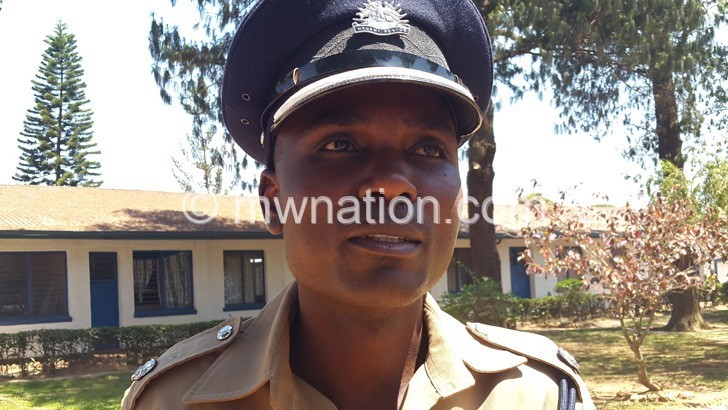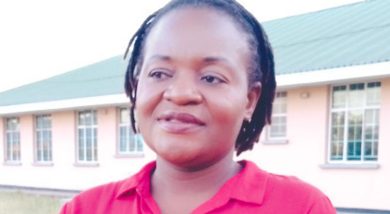Covid-19 measures relaxed, bars open till late
There is visible relaxation in the enforcement of Covid-19 precautionary measures with some social joints remaining open beyond the prescribed 8pm closing time.
Spot-checks The Nation conducted from last week in the country’s four cities of Blantyre, Lilongwe, Mzuzu and Zomba showed that there was selective enforcement by police who were seen to be quick to close some joints while leaving others to operate freely as they pleased.

In Blantyre, several upmarket clubs were found open beyond midnight on Friday and Saturday. It was the same with some clubs in Lilongwe and Mzuzu amid allegations that some business owners bribe the police to leave their bars and clubs open.
But in an in interview on Sunday, National Police spokesperson James Kadadzera said police were still enforcing the Covid-19 preventive measures to the letter.
He acknowledged that some business owners flout the law deliberately.
Kadadzera said some drinking joints owners only close their premises upon being tipped off that police are heading towards the direction of their places only to reopen after police leave.
He said: “We are mounting roadblocks to ensure that passengers are not crowded in vehicles. We are still conducting patrols to arrest people not wearing face masks. We are also sensitising people to all the Covid-19 restrictions.
“We are enforcing this, but we might not be at each and every bottle store. So, don’t portray us as if we are doing nothing. Some are doing this deliberately.”
In a separate interview, Presidential Task Force on Covid-19 co-chairperson Wilfred Chalamira Nkhoma said police are better-placed to comment on the enforcement mechanism.
He said the Covid-19 public health guidelines were gazetted as law; hence, there has to be law enforcement undertaken.
Commenting on the developments, social commentator Humphrey Mvula said it will be difficult to enforce all the Covid-19 rules and regulations, especially in drinking joints because some owners only survive through the business.
He observed that there is also a rebellious attitude among some Malawians and the country will continue to see some resistance because some of the individuals have been constrained to behave in that particular manner.
Mvula asked government to find ways of motivating both drinking joints owners and their customers to comply with Covid-19 rules and regulations.
He said: “We should understand that there is that intrinsic rebellion within individuals who feel they have not been fairly treated. It is a problem that we have to do a balancing act. Government must find ways of motivating these individuals.”
In January this year, government introduced Covid-19 public health guidelines, including restricting public gatherings to a maximum of 50 people, ordering bars to open from 2pm to 8pm and mandatory wearing of face masks in public places.
The measures were reinforced in the wake of a surge in Covid-19 cases as the second wave ravaged the country with rising death toll.
On Sunday, Public Health Institute of Malawi said in its Covid-19 update signed by Presidential Task Force on Covid-19 co-chairperson Khumbize Chiponda, who is also Minister of Health, that cumulatively the country has registered 33 827 cases with 1 086 active cases, 31 479 recoveries and 1 128 deaths.
By Sunday, 209 353 people had been vaccinated with the first jab of the Oxford-AstraZeneca vaccine.
Chiponda encouraged people to go for Covid-19 tests if they notice some symptoms, saying early care seeking leads to positive treatment outcomes.
She said: “It has to be noted that Covid-19 affects people in different ways. The most common symptoms include fever, dry cough and tiredness while in some patients, it presents with aches and pains, sore throat, diarrhoea, conjunctivitis, headache, loss of taste or smell, rash on the skin, or discolouration of fingers or toes.
“If one experiences serious symptoms such as difficulty in breathing or shortness of breath, chest pains or pressure, loss of speech or movement, immediate medical attention is needed.”






One Comment